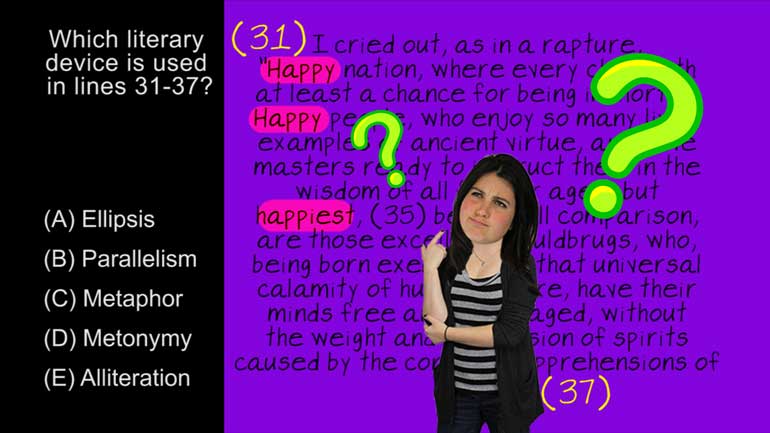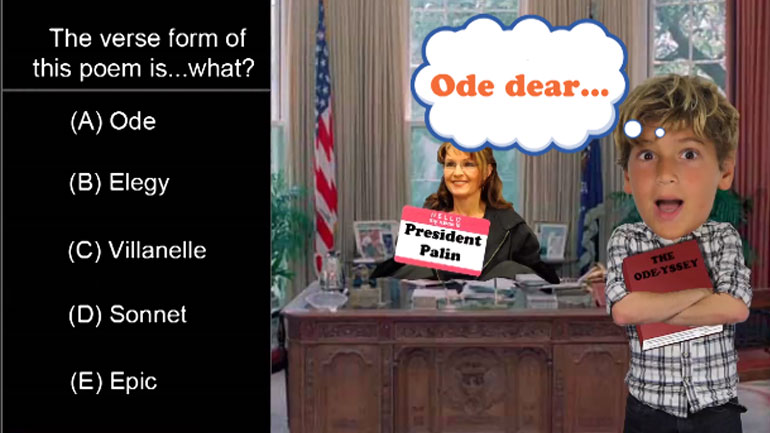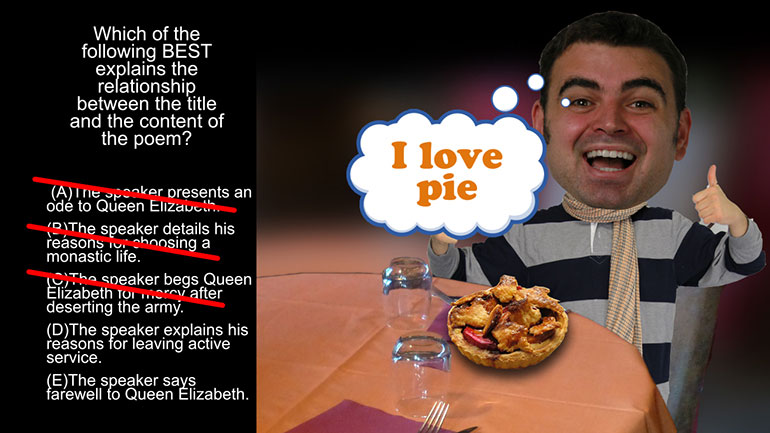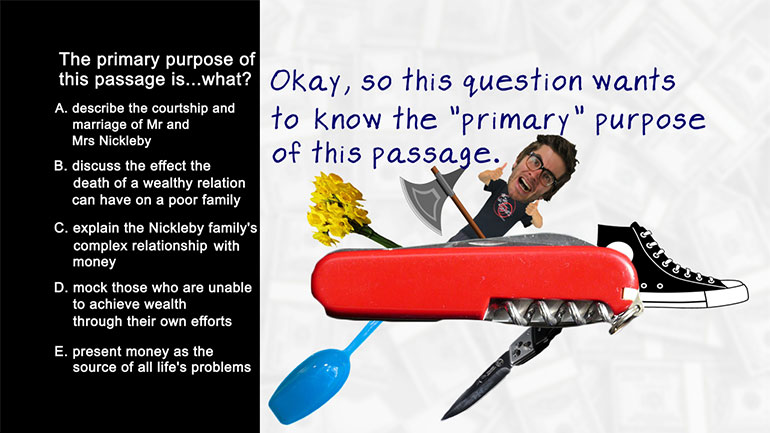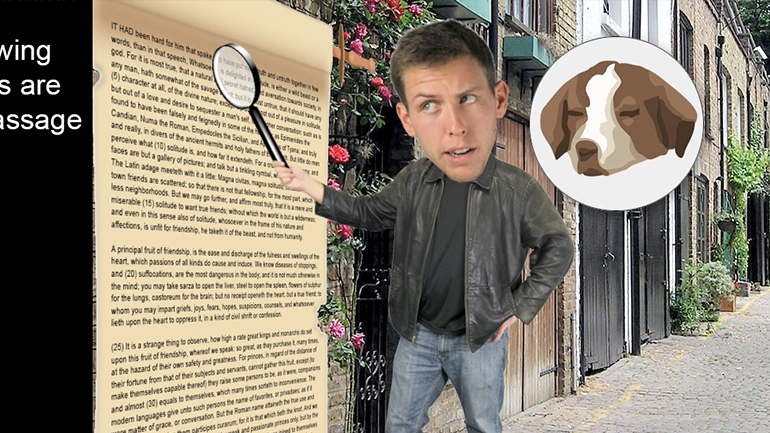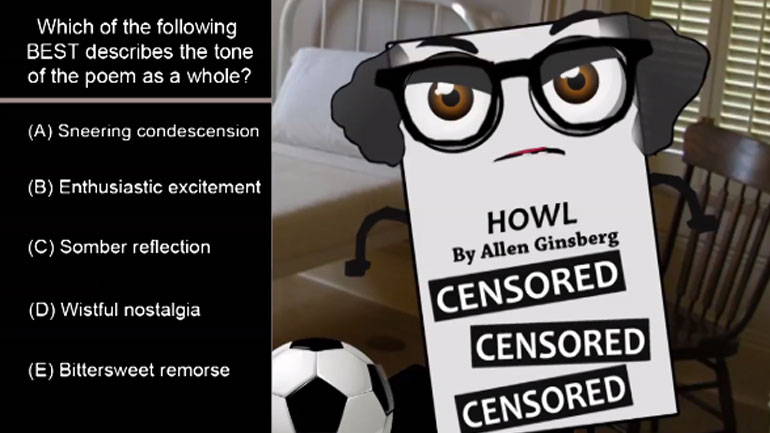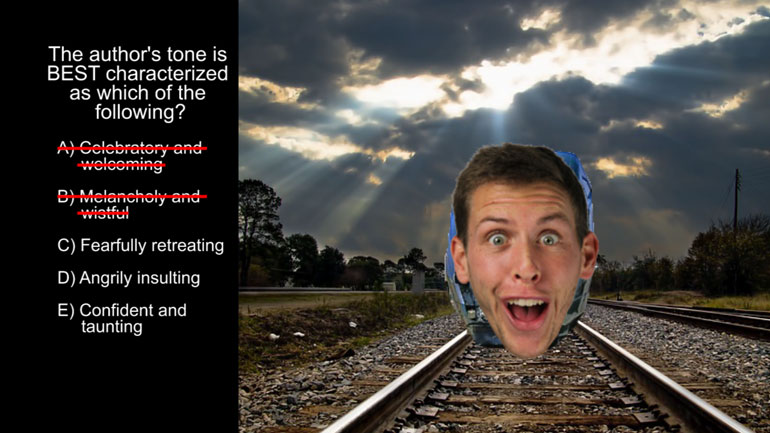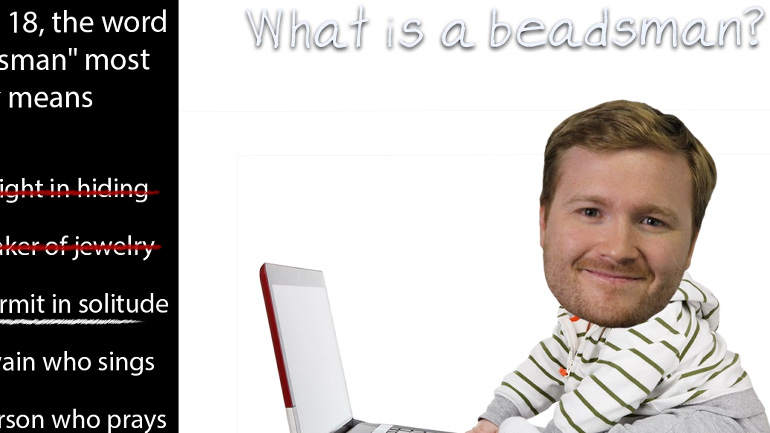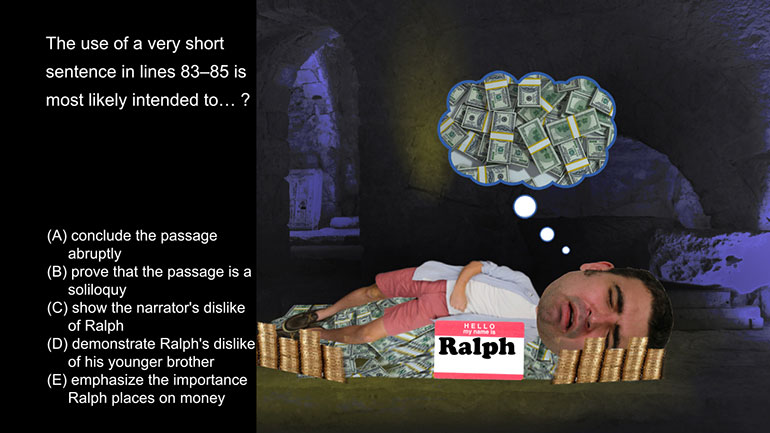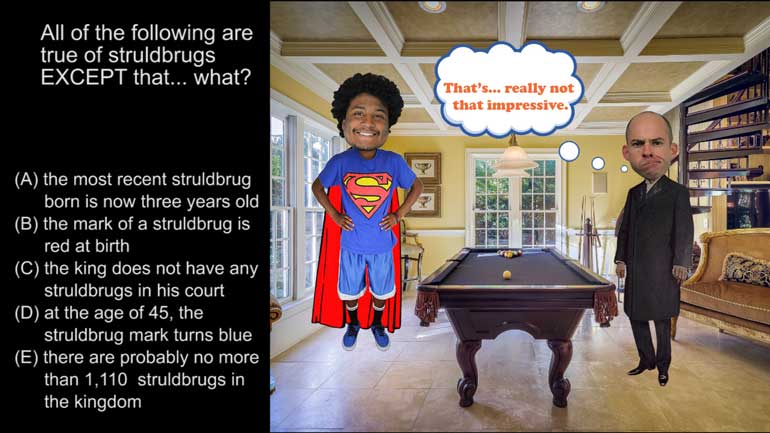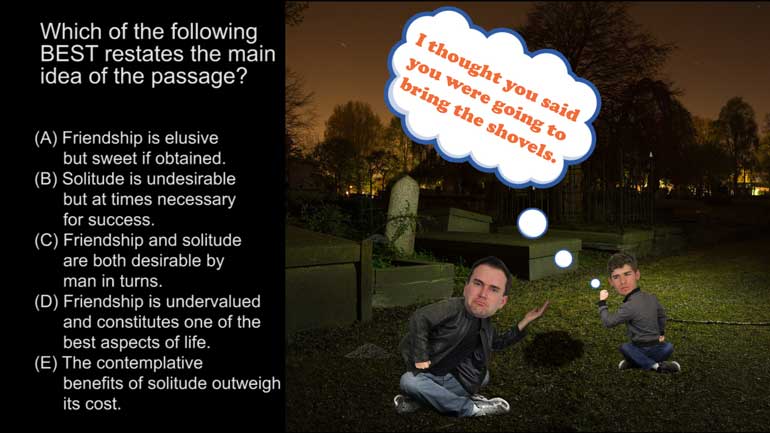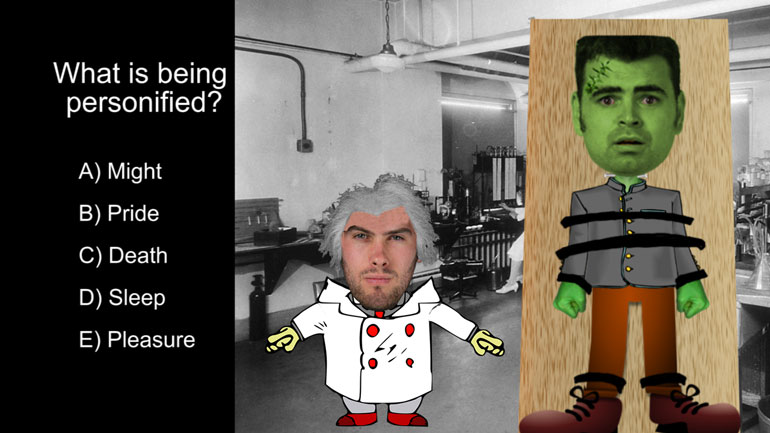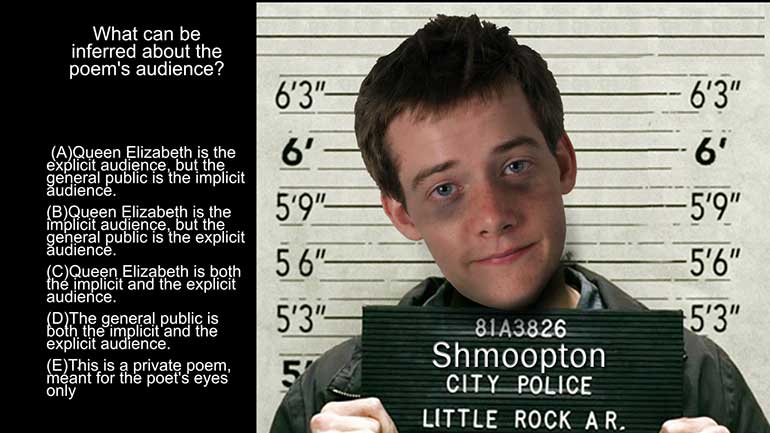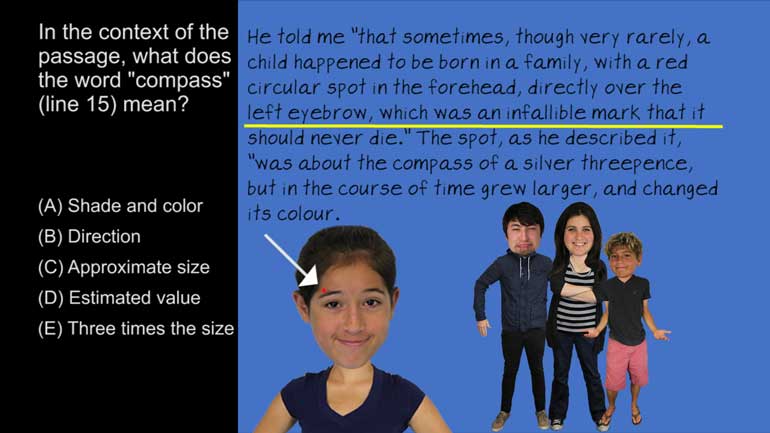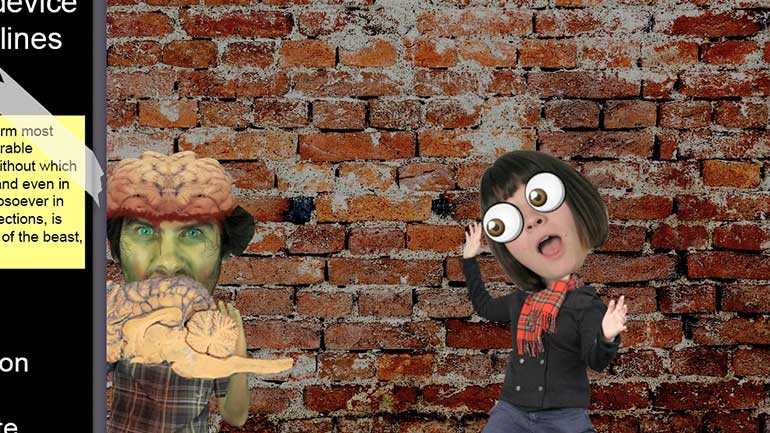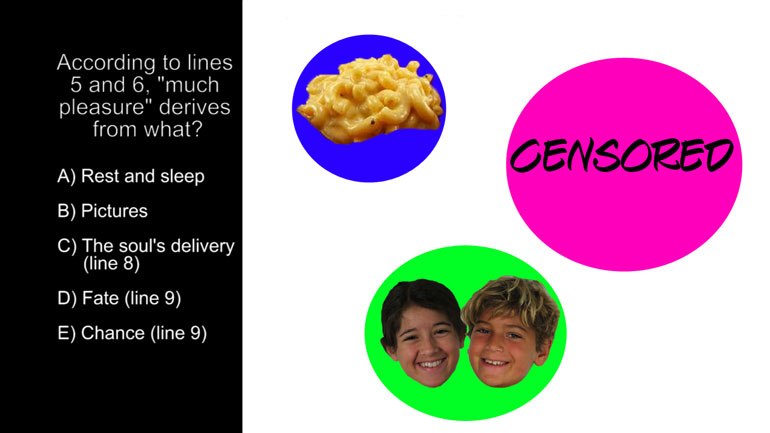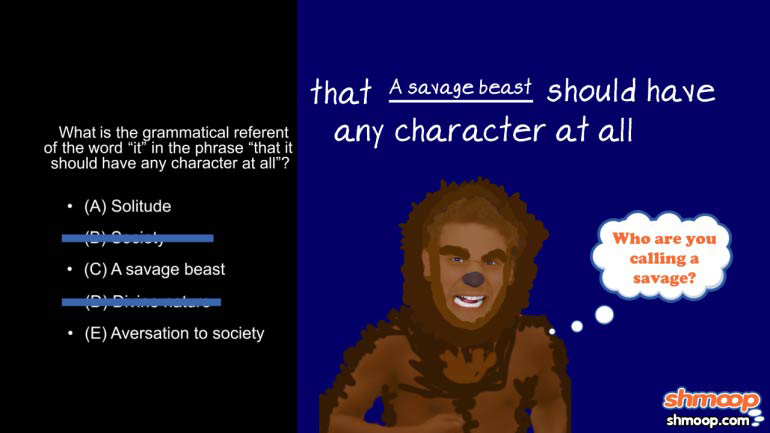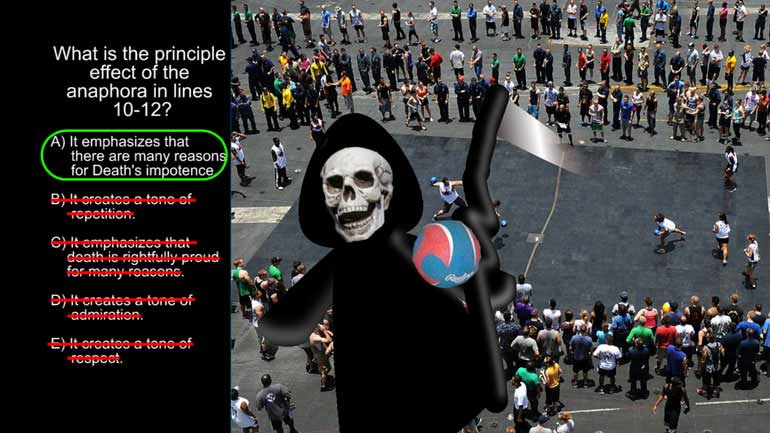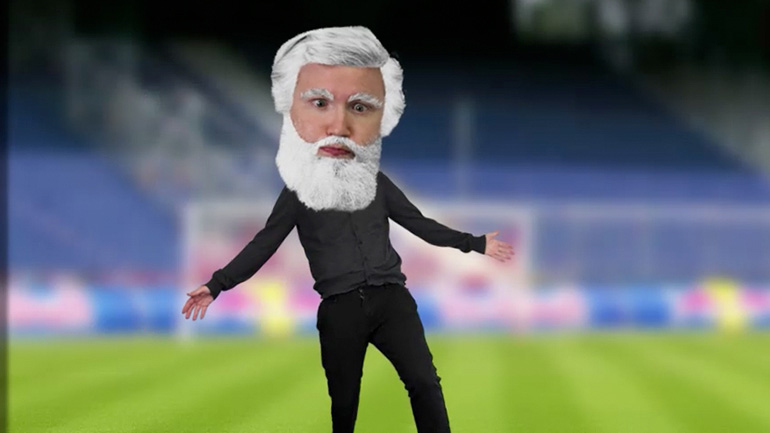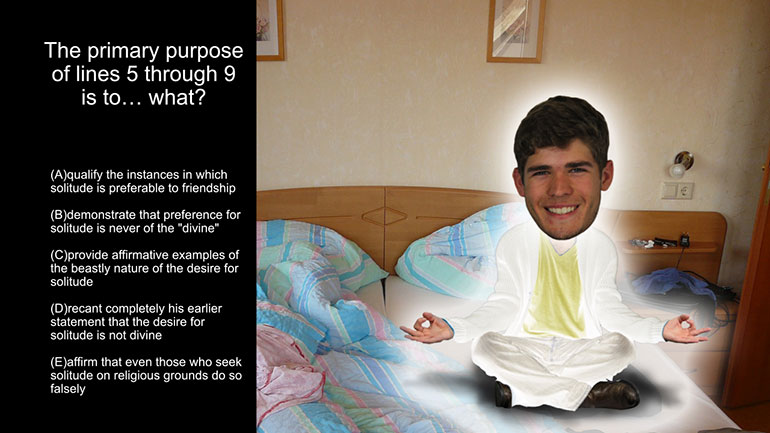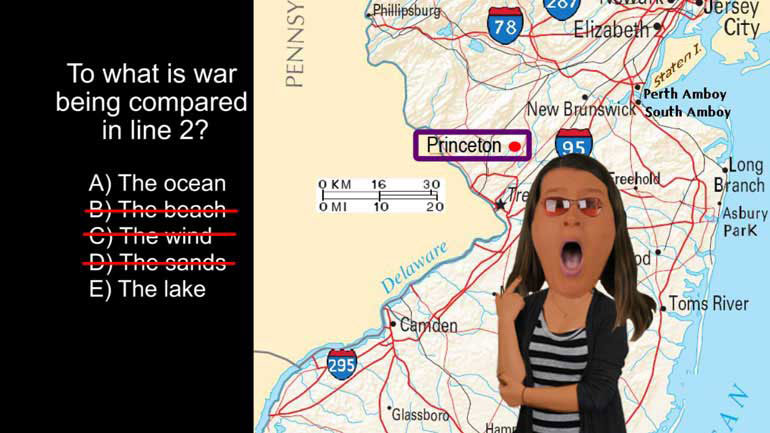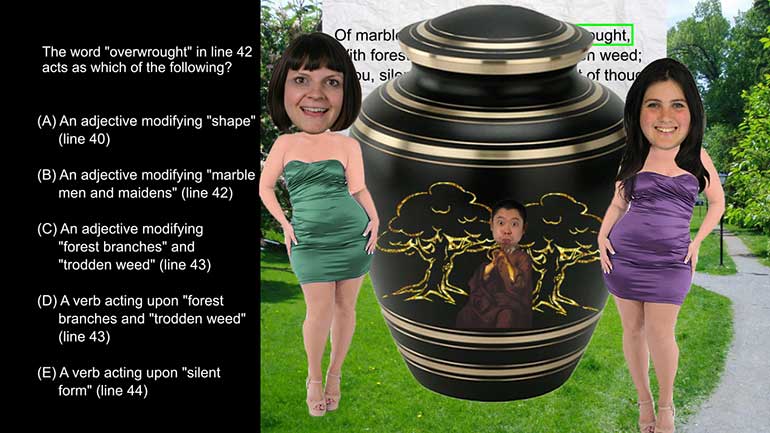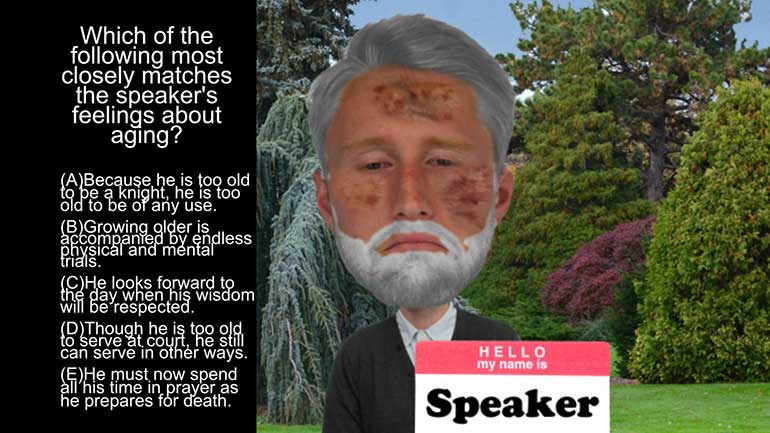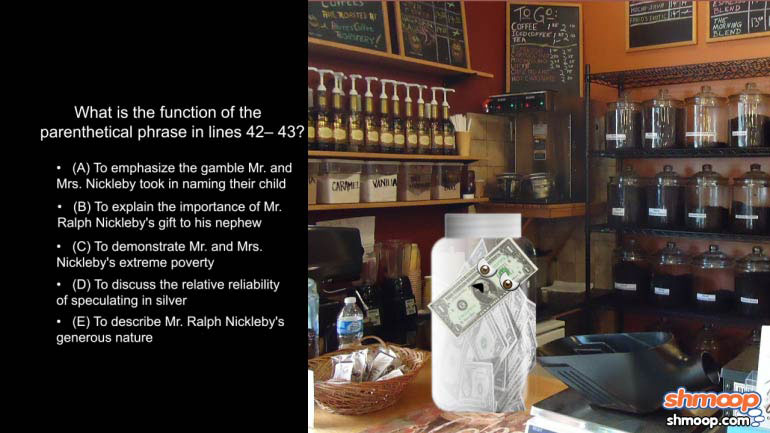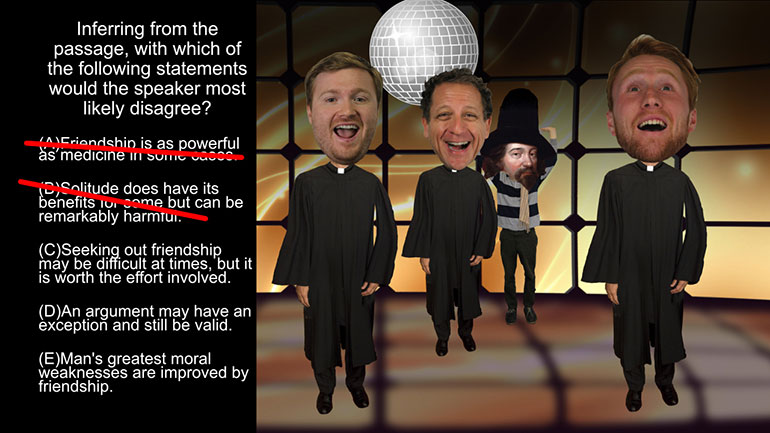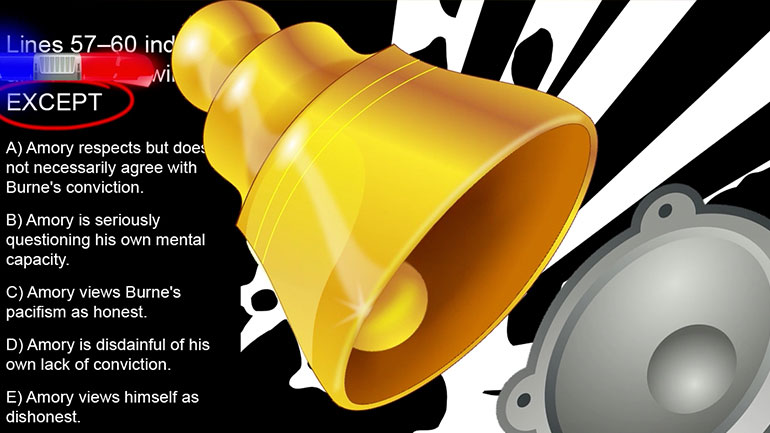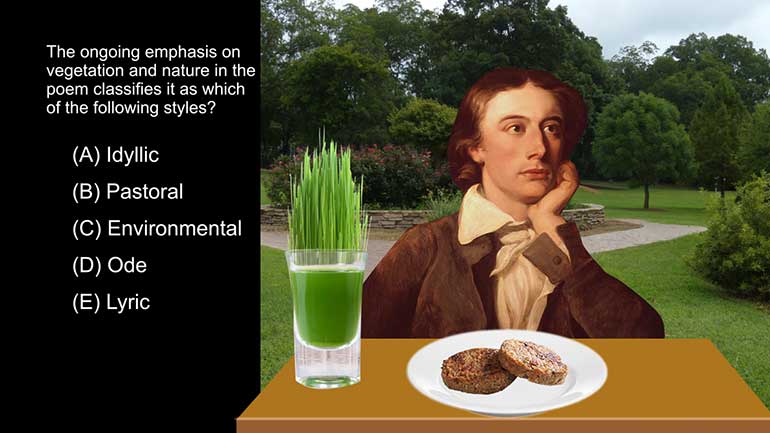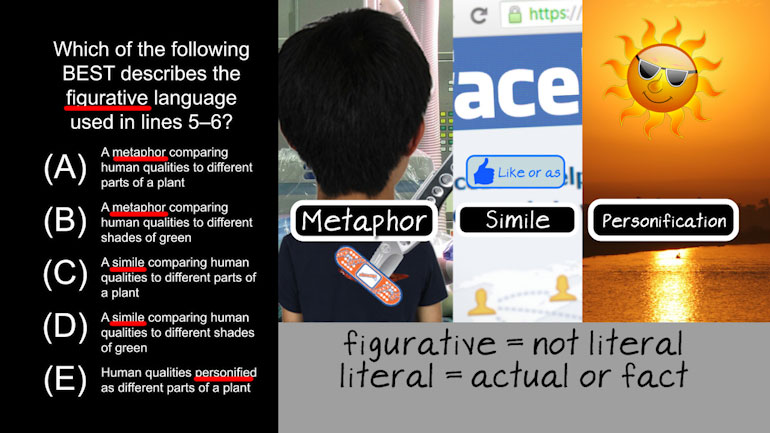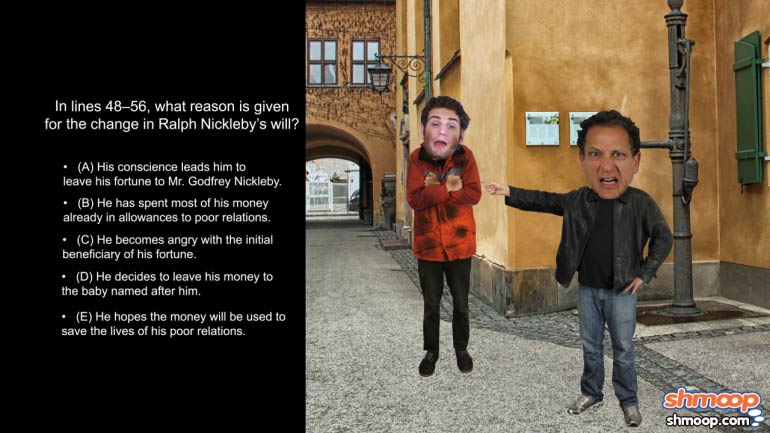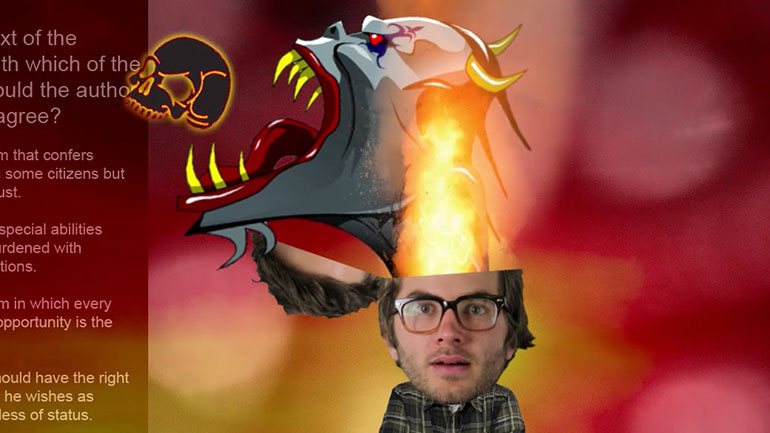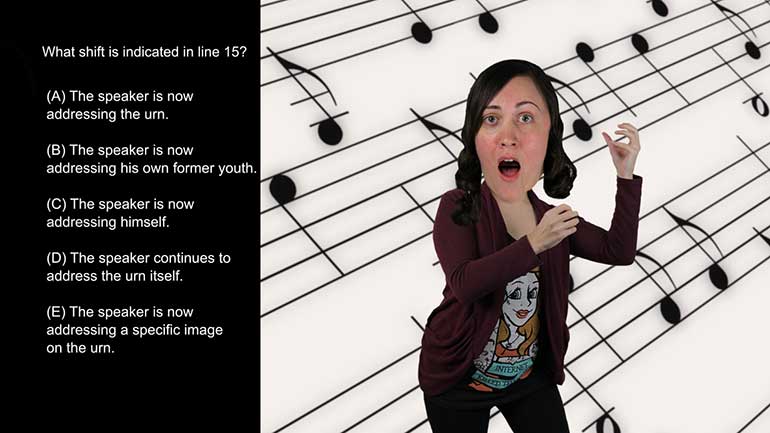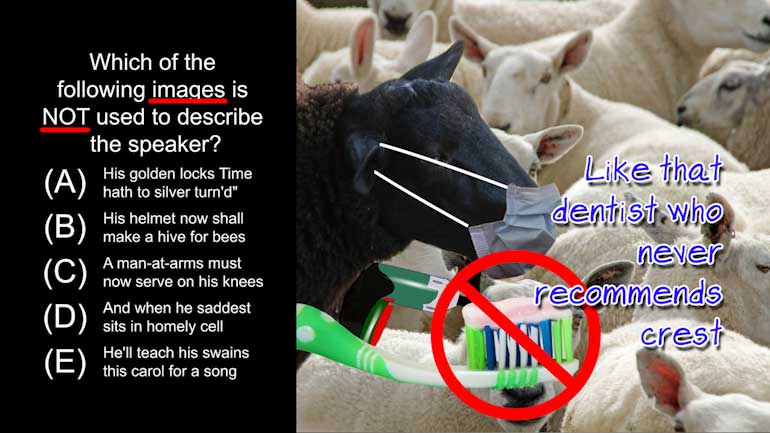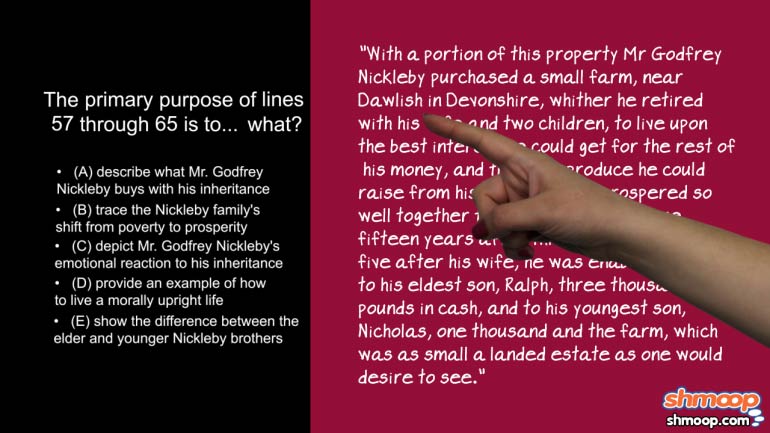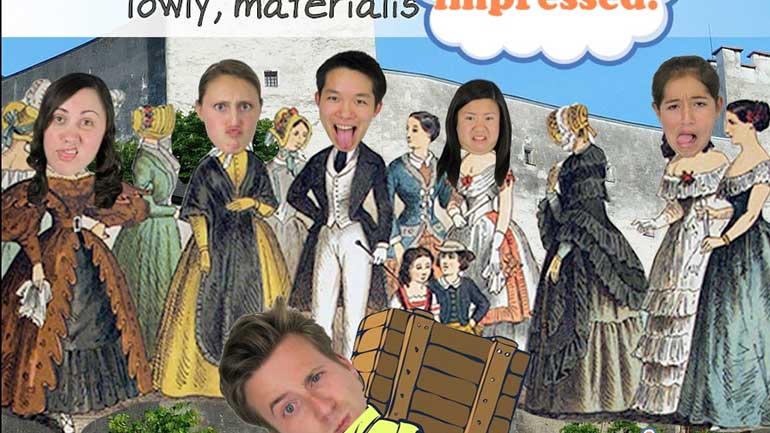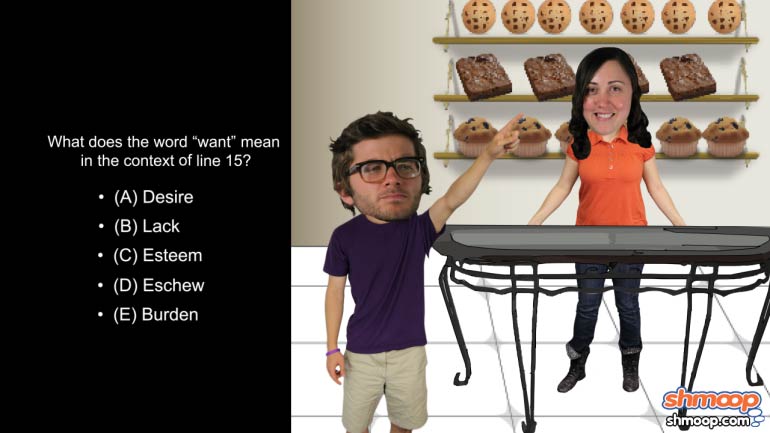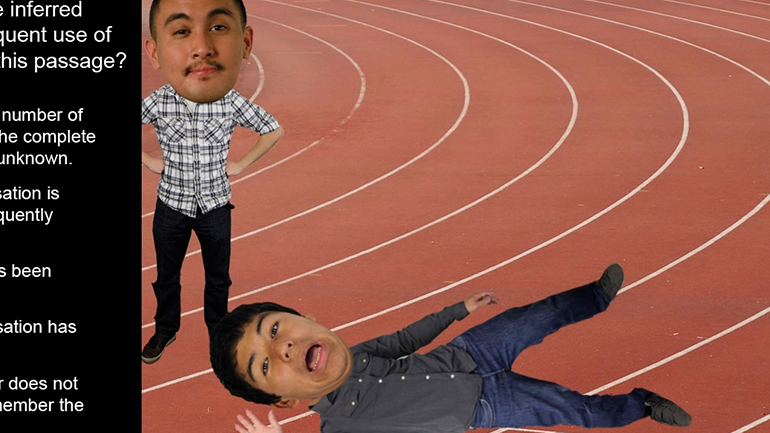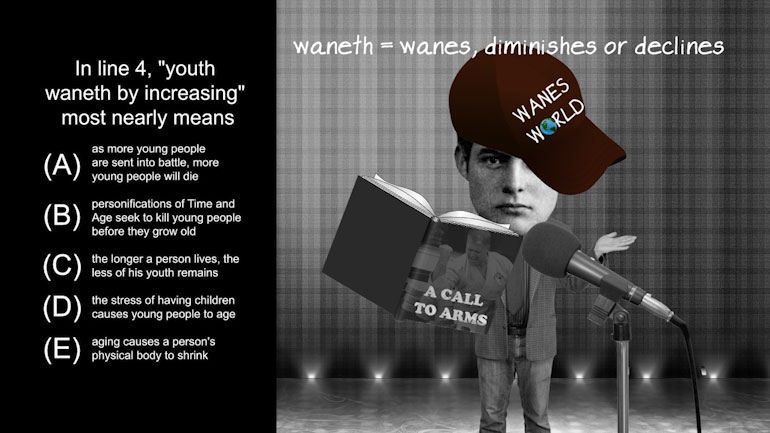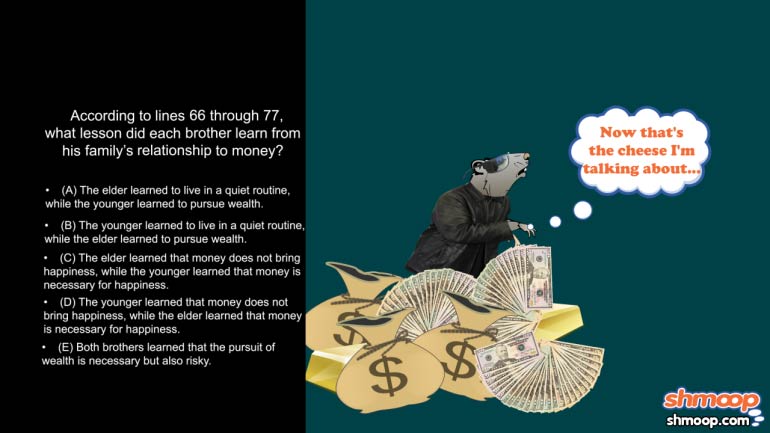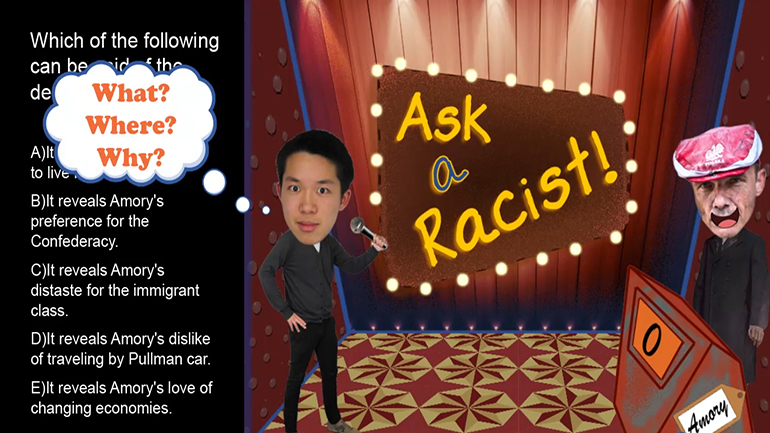ShmoopTube
Where Monty Python meets your 10th grade teacher.
Search Thousands of Shmoop Videos
Passage Drill Videos 69 videos
AP English Literature and Composition 1.2 Passage Drill 4. As which of the following is the object being personified?
AP English Literature and Composition 1.4 Passage Drill 3. How is Burne's view of pacifism best characterized in lines 57 through 67?
AP English Literature and Composition 1.6 Passage Drill 5. Death is primarily characterized as what?
AP English Literature and Composition 1.5 Passage Drill 5 197 Views
Share It!
Description:
AP English Literature and Composition 1.5 Passage Drill 5. What is the principle effect of the anaphora in lines 10-12?
Transcript
- 00:03
Here's your shmoop du jour, brought to you by Pictures. They're worth a thousand words.
- 00:08
Unless you're able to make your way over to the tent sale at Living Spaces this weekend.
- 00:20
What is the principle effect of the anaphora in lines 10-12?
- 00:25
And here are the potential answers...
- 00:31
Pretty straightforward question... if we know what in the world an "anaphora" is.
Full Transcript
- 00:36
We're picturing some kind of euphoria arising out of a love of anagrams... but something
- 00:41
in our heart tells us that isn't quite right.
- 00:43
If we don't know our terminology, we're going to be in heaps of trouble here.
- 00:46
"Anaphora" is when you've got one or more words being repeated at the beginning of a
- 00:51
couple of successive lines or clauses.
- 00:53
Got it. Okay, now on to lines 10 through 12:
- 00:57
And dost with poison, war, and sickness dwell, And poppy'or charms can make us sleep as well
- 01:05
And better than thy stroke; why swell'st thou then?
- 01:09
Looks like this poem has a case of the "And"s.
- 01:12
Now we can zip through our answer choices and see which one best answers the question...
- 01:16
Are all the "And"s there to create a tone of repetition?
- 01:19
Well... they are repetitive... which is the very definition of anaphora...
- 01:23
...but repetition isn't really a tone. It's more of a device.
- 01:26
If it were a tone, however, then we could probably consider your little brother... tone deaf.
- 01:32
Is it to emphasize that death is rightfully proud for many reasons?
- 01:35
Poison, war and sickness? Seems like a pretty ugly laundry list of items to be "rightfully
- 01:40
proud of". Nah, not this one.
- 01:42
Is it to create a tone of admiration?
- 01:45
For... Death? For reals? The author has clearly not jumped on the Grim Reaper bandwagon.
- 01:49
Which, incidentally, if you ever see it coming, and the driver offers you candy... DON'T GET IN.
- 01:53
It's also not to create a tone of respect, for the very same reason...
- 01:56
...and so we're left with A -- to emphasize that there are many reasons for Death's impotence.
- 02:01
In other words... he's rattling off a list of all the ways Death... blows.
- 02:05
We couldn't agree more. Being alive is the bomb.
Related Videos
AP English Literature and Composition 1.2 Passage Drill 4. As which of the following is the object being personified?
AP English Literature and Composition 1.4 Passage Drill 3. How is Burne's view of pacifism best characterized in lines 57 through 67?
AP English Literature and Composition 1.6 Passage Drill 5. Death is primarily characterized as what?
AP English Literature and Composition 1.7 Passage Drill 5. Which line indicates the turn or shift in this poem?
AP English Literature and Composition 1.9 Passage Drill 4. Lines 32-34 are best understood to mean what?





